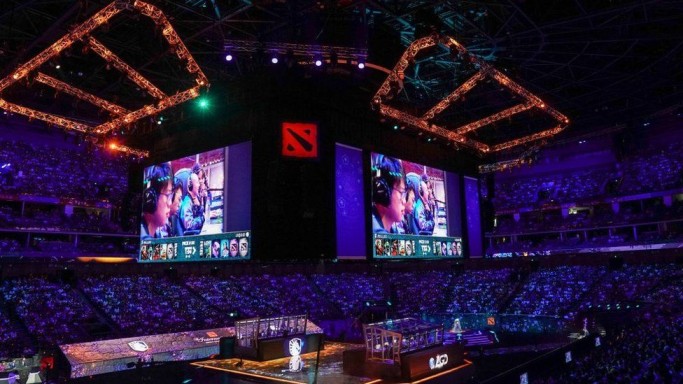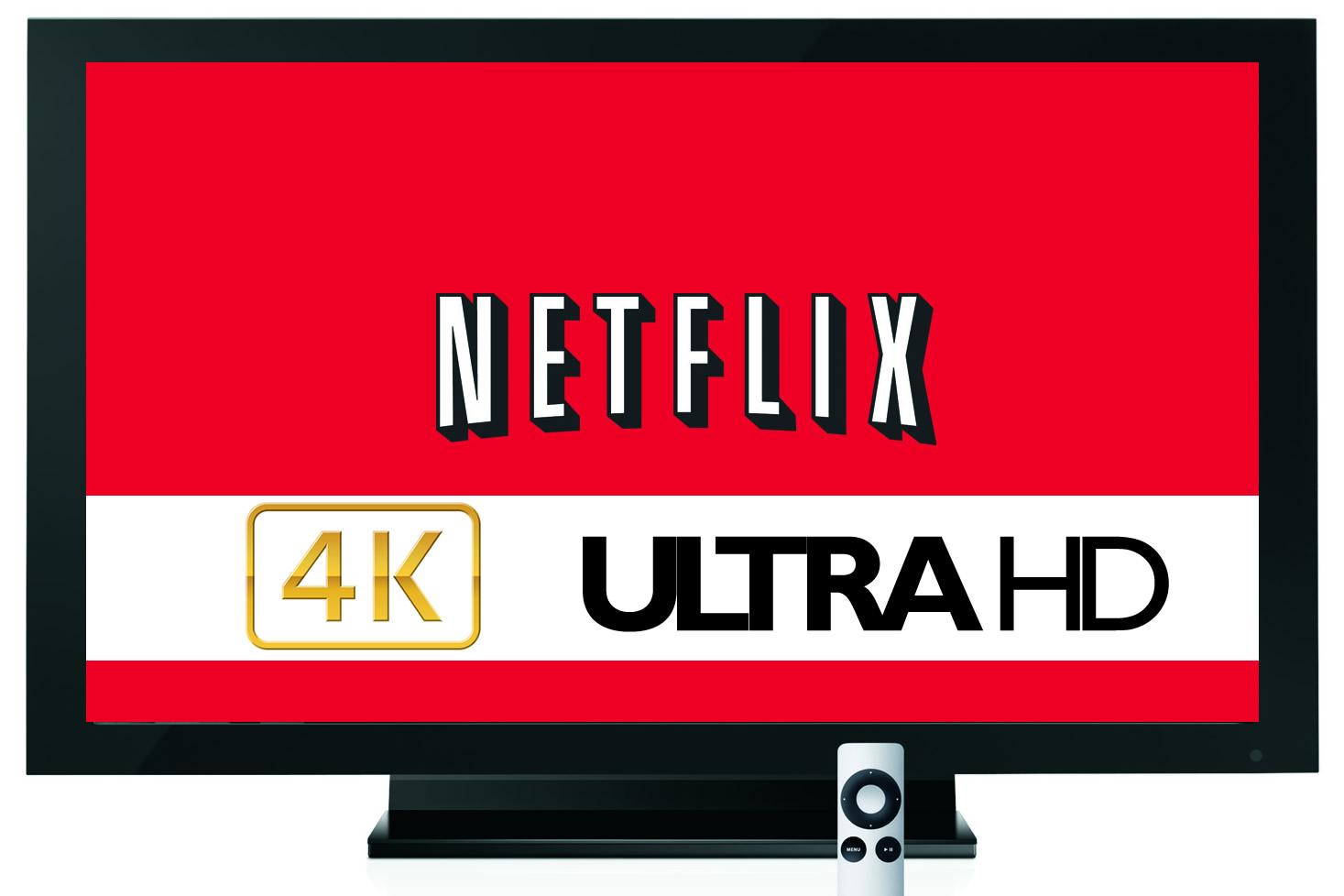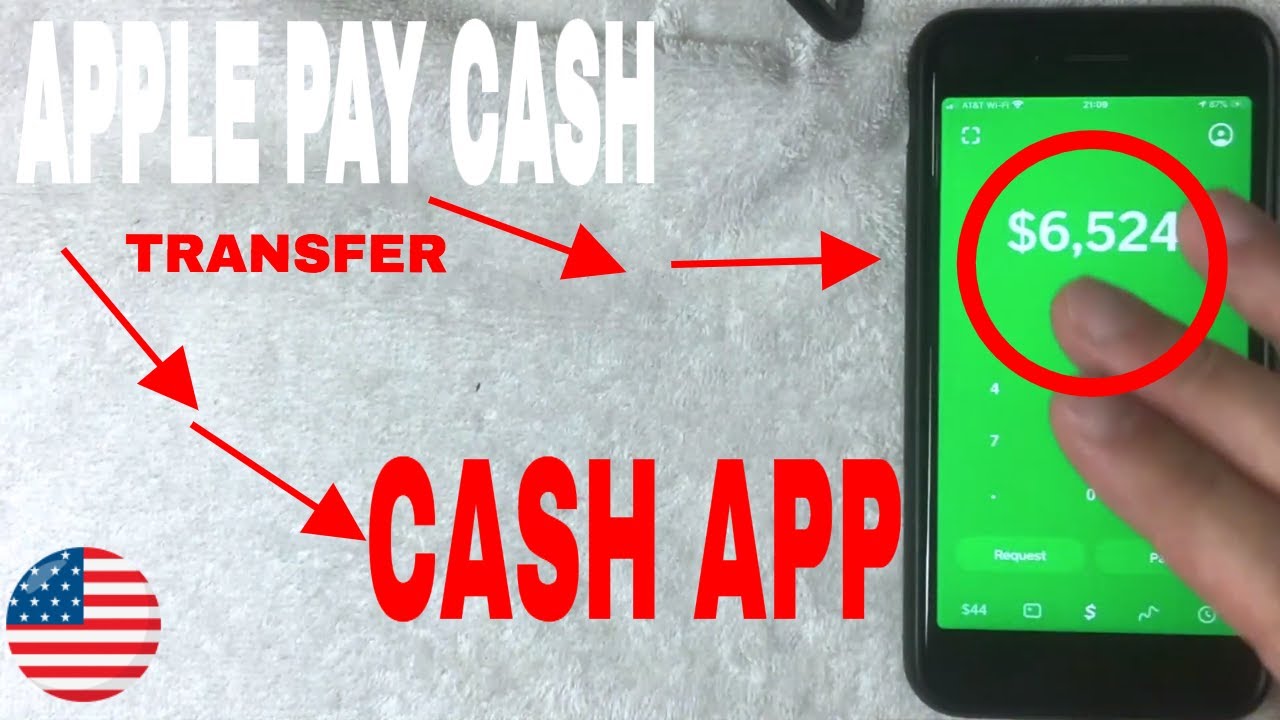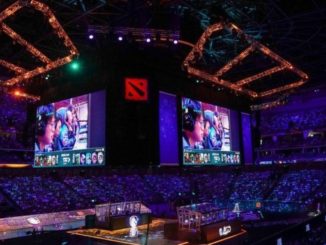Although pay to win games are enduringly popular, they are also incredibly controversial. In short, pay to win games are titles where players are required to part with hard-earned cash in order to further their efforts and progress through the game.
In most cases, pay to win games require a considerable financial investment from users in order to unlock special features and upgrades. Purchasing these upgrades is often the only way for players to gain a considerable advantage over fellow players.
An Unfair Advantage
The main problem with pay to win games is that those with the means or appetite to spend money will always have an unfair advantage over those who do not. Although in theory, a player who commits a considerable amount of playing hours and effort on a title should be able to progress quite far, a relative newcomer can simply join the game, purchase upgrades and immediately be in a stronger position than a more established player.
Players who aren’t prepared to spend money on countless micro-transactions will generally have to focus on level grinding in order to develop the strength of their in-game characters. However, those with money to spare can instead purchase advanced weapons and accessories to give their characters an instant edge.
Many pay to win or play-to-progress games also offer exclusive items to those prepared to pay for the privilege. This pay-to-progress approach is often considered a hybrid of subscription and pay-to-win models, with titles like EverQuest employing it.
Origins of Pay to Win Games
While pay to win games have become notorious in recent years, they started out with innocent enough intentions. In their infancy, these titles adopted more of a free-to-play approach. These games could be downloaded and accessed by players without them having to pay for the titles themselves.
However, in order to make these titles a popular endeavor for developers, an adaptive business model was required. Money from sponsors and advertisement revenue only went so far, so developers required an additional source of income. This is what ultimately led to the advent of the pay-to-win business model.
The Pay to Win Business Model Goes Mainstream
In-game purchases and the imbalance it creates within playing communities has long been a staple of free-to-play and pay to win games. The business model is controversial to a point but is ultimately accepted by the gaming masses in order to enjoy free access to games.
However, when the pay-to-win business model permeated the mainstream gaming market, players were quite rightly incensed. In recent years, conventional video game titles from major developers have utilized similar tactics to the pay-to-win model in order to enhance revenues.
Electronic Arts has enraged the gaming community in recent years in recent years by incorporating microtransactions into titles including Star Wars Battlefront II and the ongoing FIFA series. Often advertised as so-called “loot boxes”, the cost of these in-game purchases can quickly dwarf the initial cost of the game itself.
Loot boxes have always drawn the attention of regulatory bodies. As the contents of these loot boxes are often randomized, purchasing them could be seen as a form of gambling.
The Future of Pay to Win Games
Pay to win games are likely here to stay. The business model has continued to prove profitable for developers, while impressive revenues demonstrate that players are more than happy to engage with the concept of in-game purchases.
However, there is a clear resistance to the pay to win and pay to progress philosophy when it comes to conventional gaming. The backlash against Electronic Arts and its introduction of micro-transactions to several of its big-ticket titles proves gamers are only prepared to accommodate so much.
The pay-to-win model is also unlikely to gain a foothold in the competitive world of esports. A quick look at online platforms like 1337pro.com demonstrates that titles employing the pay-to-win model aren’t embraced by the esports sector.
Is a freelance tech writer based in the East Continent, is quite fascinated by modern-day gadgets, smartphones, and all the hype and buzz about modern technology on the Internet. Besides this a part-time photographer and love to travel and explore. Follow me on. Twitter, Facebook Or Simply Contact Here. Or Email: [email protected]

![Cash App Plus Plus Apk (Cashapp++) 3.97.0 Android and iOS. [Claim $500 in 2024] cash App Plus Plus Apk](https://axeetech.com/wp-content/uploads/2020/09/cash-App-Plus-Plus-Apk.jpg)

![Cash App Plus Plus Apk Download for Android and iOS. [$200 Give Away] Cash App Plus Plus Apk Download Android iOS](https://axeetech.com/wp-content/uploads/2021/10/Cash-App-Plus-Plus-Apk-Download-Android-iOS.png)






Leave a Reply